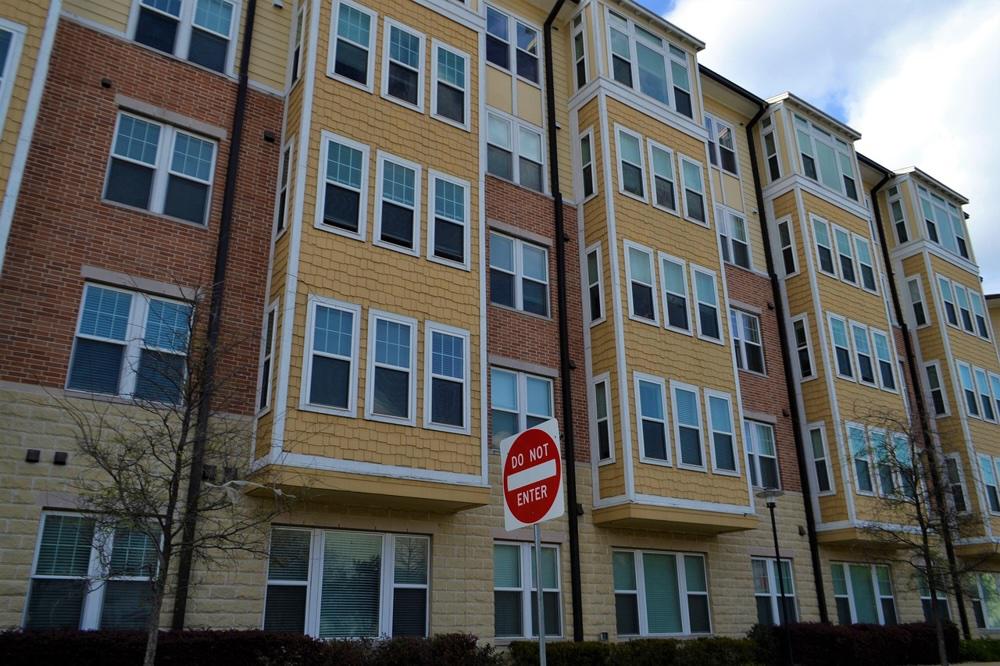
Dark clouds are gathering over affordable housing. In Washington D.C., budget proposals are on the table that could slash funding for HUD (Housing and Urban Development) and fundamentally change the Section 8 voucher program – changes so drastic that housing advocates are using words like “crisis” and “dismantling the safety net” . If you’re a real estate investor with Section 8 tenants, or you care about housing stability in the community, this is a big deal. Here’s the lowdown: The House of Representatives, in working out the federal budget for FY 2025, proposed cutting HUD’s funding by $2.3 billion (about 3%) . That might sound like a trim, but it could force local housing authorities to drop nearly 750,000 low-income Americans from rental assistance . Yes, three-quarters of a million families, many with kids, at risk of losing help with rent. And that was just the opening act. Now, as of May 2025, President Trump has unveiled a budget plan to cut HUD by a jaw-dropping 40% going into FY 2026 . This plan would eliminate key community development programs and take an axe to Section 8 vouchers – including imposing a 2-year limit on rental aid for “able-bodied” adults . Essentially, it suggests turning the voucher program into a temporary grant. Housing experts are warning that these moves could “push thousands of people into crisis” and spike homelessness at a time when housing costs are still sky-high.
For landlords and investors, especially those providing affordable rentals, this is a major threat and source of uncertainty. If you have properties rented to Section 8 voucher holders, the government pays a significant portion of your tenants’ rent. Proposed cuts mean many tenants could lose their vouchers or see their subsidy reduced. Imagine hundreds of thousands unable to pay their full rent – the risk of increased defaults or vacancies is very real. The Center on Budget and Policy Priorities estimates that in one scenario, affected families would end up paying 50%, 60%, even 70% of their income on rent just to stay housed . That’s untenable – many would have to choose between rent and other basics, or end up on the street. As an investor, that translates to a higher chance of non-payment and eviction (nobody wins there), or having to lower rents to what these families can afford (hurting your cash flow). It could also mean fewer investors willing to participate in the voucher program, which ironically would reduce housing supply for low-income renters just when it’s needed most.
Let’s put a human face on this: Section 8 (officially the Housing Choice Voucher program) helps about 2.3 million households nationwide , the majority being seniors, disabled individuals, or working families with children. It’s been a reliable if underfunded lifeline for decades. Cutting it drastically or imposing a short time limit turns it from a safety net into a ticking time bomb for those families. For communities, the fallout could be visible in rising homelessness, overcrowded shelters, or families forced into substandard housing. For landlords, beyond the financial hit, there’s also a moral crossroads – do you keep renting to voucher holders amid the uncertainty? Do you try to transition to purely market tenants? These are tough calls, especially if you value integrity and community impact.
Now, will these cuts actually happen? The situation is fluid. Budget proposals are just that – proposals. There’s significant opposition from housing advocates, many politicians, and community organizations. Back in late 2024 and early 2025, public outcry already pushed back on some HUD cuts . It’s possible the final budgets could soften these blows. But even the threat of cuts has local housing authorities bracing for pain. Some have frozen the issuance of new vouchers because they’re unsure if funding will be there. Others warn that if they have to pull assistance, it will break leases and displace families. As an investor, you should keep an ear to the ground: be in touch with your local housing authority to understand any changes. And if you have a voice (which you do), advocating for stable funding is not just altruism – it’s aligned with your business interests too.
At Pinnacle, our stance is clear: we believe in housing as a foundation for family and growth, and we’ve seen firsthand how Section 8 can create stable win-win situations – giving families a home and landlords reliable rent (the government payment portion is as solid as it gets, at least historically). Integrity means acknowledging that cuts of this magnitude would be devastating for millions. We’re preparing our clients by advising on contingency plans: for example, ensuring reserve funds in case voucher payments stop, diversifying tenant mix, or exploring alternative programs (like project-based vouchers, HUD-VASH for veteran housing, etc., which might be shielded differently). Some investors might pivot to slightly higher-income workforce housing (if they’re worried about voucher viability), but we caution against a wholesale retreat – it could flood the market with displaced tenants and empty units. Instead, patience and advocacy are key. The values of Family and Growth go hand in hand here: strong families need stable housing, and stable housing supports community growth (which, in turn, supports property values long-term).
Bottom line: The proposed HUD budget cuts represent a serious storm on the horizon. If you have Section 8 tenants or invest in affordable housing, now is the time to batten down the hatches – stay informed, run “what if” scenarios, and be part of the conversation to protect this vital housing resource. We’ll continue to update you as this unfolds. At Pinnacle, we treat our clients like family – and that means being candid about challenges like this, and standing with you to navigate them with integrity. Housing is more than a balance sheet item; it’s about people’s lives and futures. Let’s hope reason prevails in D.C., but if not, we’ll face whatever comes together. 🤝🏘️